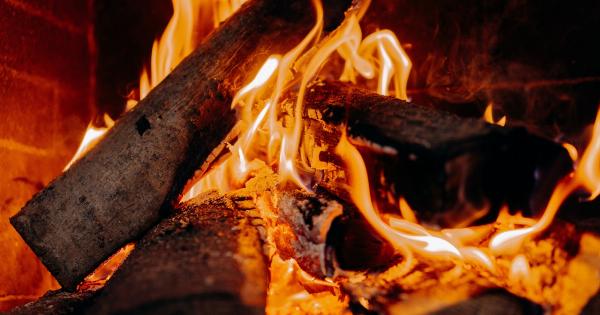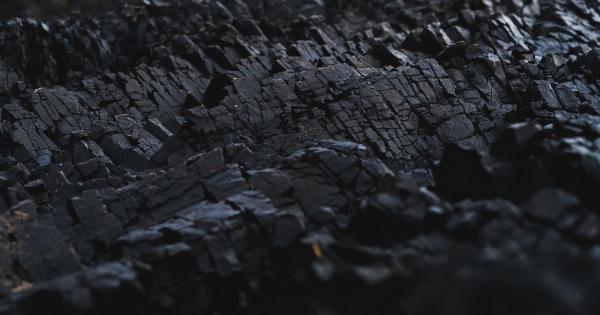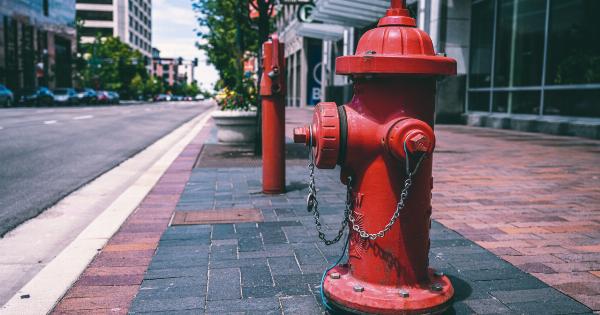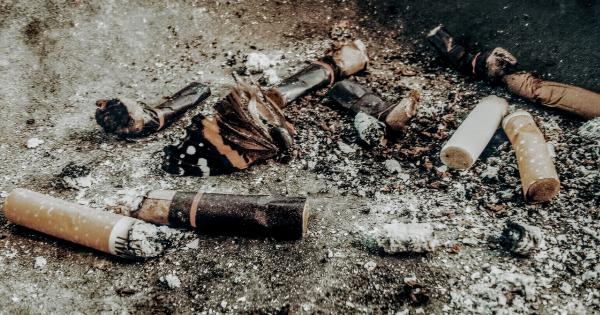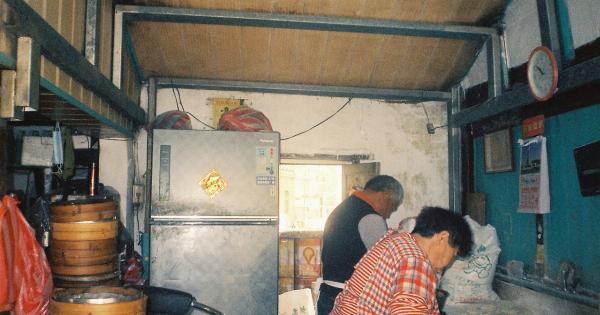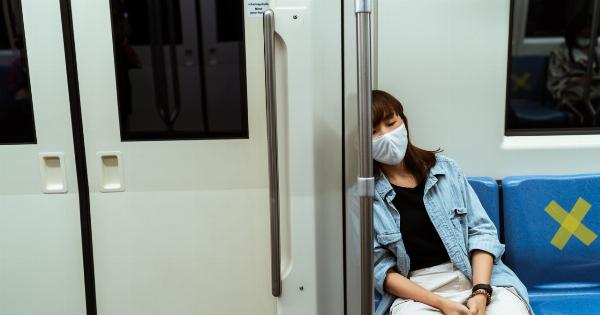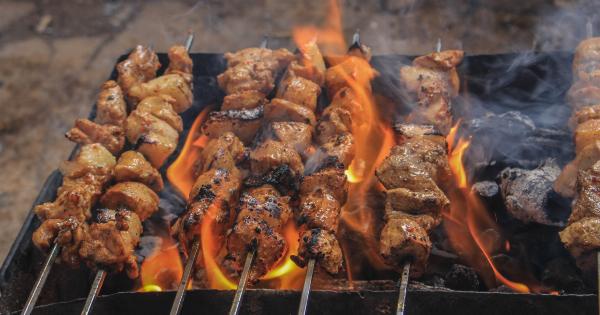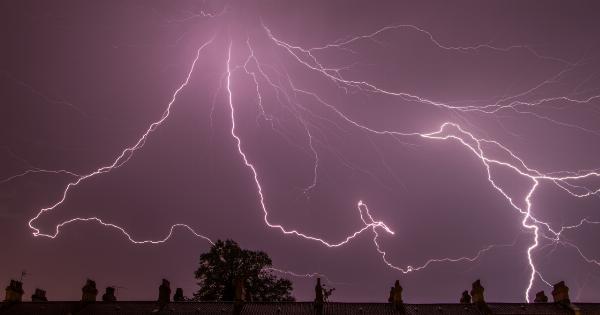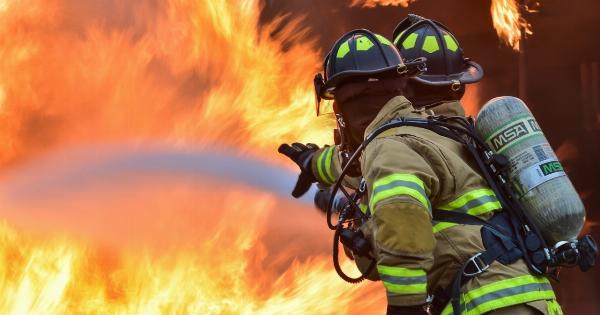With the arrival of winter, heating systems become an essential part of our lives. However, few homeowners realize that heating systems can pose potential risks if not properly maintained and used.
To ensure the safety of your loved ones and property, it is crucial to be aware of the common dangers associated with heating systems and take necessary precautions. In this article, we will explore the six most common dangers of heating systems and provide valuable tips on how to stay safe.
1. Carbon Monoxide Poisoning
Carbon monoxide (CO) is a colorless, odorless gas produced by incomplete combustion in heating systems. It is highly poisonous and can be fatal if inhaled in high concentrations. To avoid carbon monoxide poisoning:.
- Install carbon monoxide detectors in your home, especially near the heating system.
- Ensure proper ventilation in the area where the heating system is installed.
- Regularly inspect your heating system and keep it well-maintained.
2. Fire Hazards
Heating systems can become fire hazards if not handled with care. Here’s how to prevent fire accidents:.
- Keep flammable materials, such as curtains and furniture, at a safe distance from heating systems.
- Clean or replace filters regularly to prevent dust buildup, which can ignite and cause a fire.
- Never leave heating systems unattended, especially when using space heaters.
3. Electric Shock
Electric heating systems pose a risk of electric shock if not installed or used correctly. Follow these precautions to avoid electric shock:.
- Have a qualified electrician install your heating system according to the manufacturer’s instructions.
- Regularly check cords, plugs, and outlets for any signs of damage or wear and tear.
- Avoid using extension cords for heating systems, as they can overheat and cause electrical problems.
4. Gas Leaks
Gas-powered heating systems, such as furnaces, can develop leaks over time. Gas leaks are dangerous as they can lead to explosions or fires. Take the following measures to prevent gas leaks:.
- Install a gas leak detector or alarm near your heating system.
- Regularly inspect gas lines for any signs of damage or corrosion.
- If you suspect a gas leak, evacuate the premises immediately and contact the gas company.
5. Hot Surface Burns
Heating systems can have hot surfaces, which can cause burns if touched. Protect yourself and others by following these guidelines:.
- Keep children and pets away from heating systems to prevent accidental burns.
- Use protective barriers or screens around heating systems to prevent direct contact.
- Avoid placing objects on or near heating systems that could potentially ignite or melt.
6. Improper Installation and Maintenance
Improper installation and lack of regular maintenance can lead to various hazards. To ensure the safety of your heating system:.
- Hire a professional to install your heating system according to local building codes.
- Schedule regular maintenance checks by a qualified technician to identify and fix any issues.
- Follow the manufacturer’s instructions for cleaning and maintaining your heating system.
By being aware of these six common dangers and implementing the suggested safety measures, you can greatly reduce the risks associated with heating systems and enjoy a warm and safe environment during the winter months.

